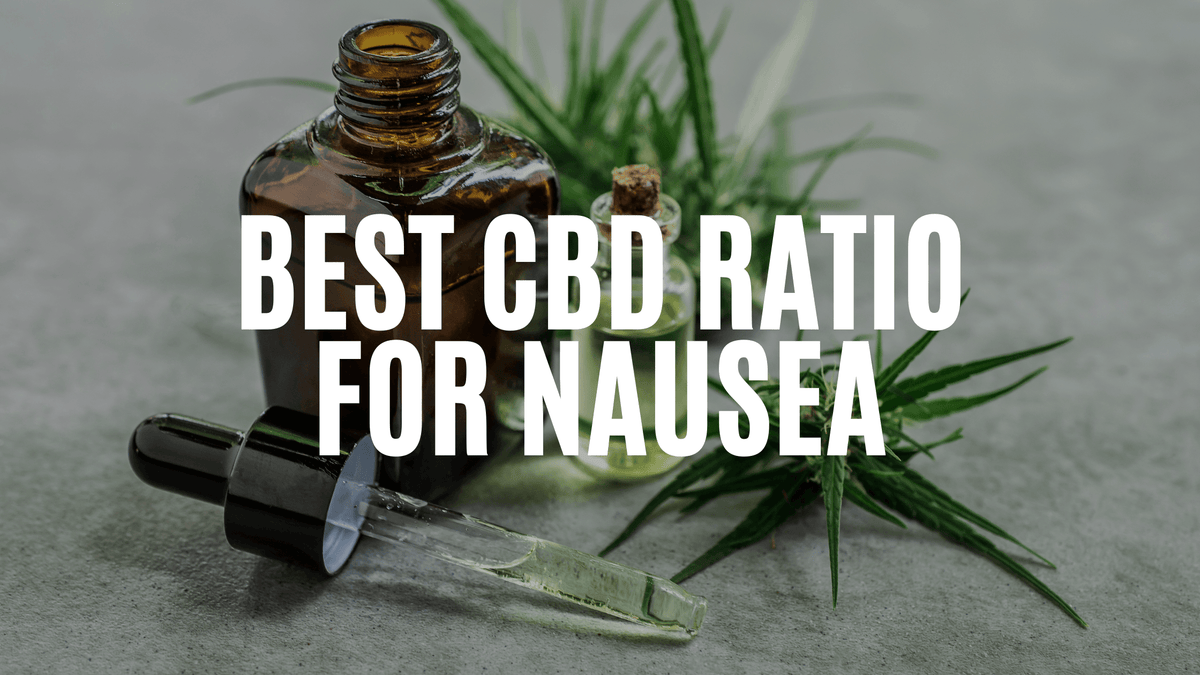
Hemp oil can help improve your mood and alleviate depression. Because it is rich in vitamins and minerals, such as B vitamins and amino acid, it works. This helps keep your brain happy and healthy. It has anti-inflammatory properties, which can ease pains and aches.
It can also be used as an appetite suppressant. This can help you feel fuller for longer periods of time and prevent you from snacking on unhealthy food, which can lead to weight gain.
Hemp oil is safe for most people, provided you don't have any allergies. It is possible to have side effects or interact with medications.
Depression can occur for many reasons. Genetics, biochemistry and personality are all factors that could contribute to a depressed mood. Depression may also increase in people with a history or mood disorders.

Depression is a serious mental disorder that can have devastating effects on your life. Depression can affect every aspect of your life. This includes relationships, work, family, and even ability to enjoy once-pleasing activities. It is also a risk factor to suicide.
Depression can cause you to feel withdrawn, helpless, and unable function normally. You may lose your appetite, sleep difficulties, or repetitive thoughts.
If you have severe symptoms or persistent symptoms, it may be time to seek professional help. You can choose from many treatment options for this condition. Your therapist can help you decide the best one for you.
Studies have shown that CBD may reduce depression symptoms by activating the brain's serotonin receptors. Serotonin is a neurotransmitter that regulates sleep and plays an important part in mood and well being.
Good sleep is vital to allow your body to repair and heal itself. This is particularly important for people suffering from depression as lack of sleep can make the condition worse.

Combining medication and psychotherapy is one of the most common ways to treat depression. Some people find this very effective, while others prefer a natural alternative.
Hemp oil for depression can be an effective alternative to medications. It can be taken orally or topically provided it comes from organically grown hemp.
Many products contain CBD to treat depression. There are many CBD products on the market, some more powerful than others. Make sure to read the label carefully to ensure you get the right product for you.
FAQ
Is there a CBD industry that is growing?
Yes! And that growth is expected not to stop as legalization continues across North America. Canada is the only country that has legalized recreational use of cannabis. Many states have also passed medical marijuana laws.
This trend will likely continue at least another ten years, as more states adopt legislation allowing medicinal marijuana.
Legalizing marijuana is also a good economic decision. Legalizing pot can provide many benefits, not only for farmers but also for the general public.
It could, for example, help lower crime rates by decreasing the availability of illegal drug. It could also be a source for tax revenue.
As legal weed becomes more popular, many people will choose to reduce their alcohol consumption. This would result in fewer hangovers, and lower healthcare costs.
Chronic pain sufferers may find that marijuana can actually improve their quality of life. Many believe THC, the active component in marijuana, is responsible for relieving symptoms like muscle spasms or nausea that can be caused by chemotherapy.
The use of marijuana may be a useful tool in treating mental illness such as anxiety and depression. In fact, some studies suggest that marijuana can even treat schizophrenia.
Even though the CBD industry looks promising, there are still many challenges to be overcome.
What are the most effective uses of CBD?
CBD can be used as an alternative to anxiety treatment. It is also used to treat pain, insomnia, epilepsy, inflammation, depression, and other conditions.
CBD can be taken in many ways. CBD can be consumed in many ways.
CBD has many health benefits. It has been proven to ease chronic pain, PTSD and anxiety.
Can I use CBD during pregnancy?
It is not clear if CBD is safe for use during pregnancy.
Based on the limited information, however, it seems unlikely that CBD would cause harm for the baby.
Pregnant women should not take CBD unless their doctor has recommended it.
In fact, the Food and Drug Administration issued a warning last week about the potential dangers of CBD taking while pregnant.
According to the FDA, "there is some evidence that cannabis use during pregnancy may increase the risk of miscarriage."
The agency added that more research is needed before a firm conclusion can be drawn.
Which CBD products are most popular?
CBD products are popping up everywhere. CBD products are popular for their ability to relieve pain and anxiety. The market is huge and growing fast.
What are people buying CBD for? This is how it affects brand owners.
Statista states that CBD products are bought for their relaxing effects. They can also be used to treat inflammation.
This means that products with both CBD or THC can be sold both for recreational and medicinal purposes.
But what about brands who are focused on one purpose only? If a company sells CBD to relieve stress, it will be the only one that is competitive.
A brand that focuses on CBD for medicinal purposes will also have a large customer base.
If a brand wishes to reach recreational users, they must create a unique selling point (USP). A USP simply means a distinctive feature or benefit that differentiates a brand's competitors.
For example, certain brands offer free shipping. Others offer discounts for bulk orders.
How can CBD products be successfully promoted by companies in a regulatory-compliant way?
The FDA doesn't regulate hemp as an agricultural commodity. The FDA regulates cannabis derivatives (e.g. marijuana) under the Controlled Substances Act. To date, there are no specific regulations for CBD.
CBD is legal at the state level in 29 states, but federal law still considers it illegal. This uncertainty is a problem for CBD-product sellers.
The FDA also has guidelines for how CBD products should be advertised. The FDA requires that all CBD products clearly disclose their THC content. Companies cannot claim that CBD helps treat certain medical conditions without scientific evidence to support this assertion.
Further, the FDA requires that manufacturers provide information on manufacturing practices and quality controls. To demonstrate safety and efficacy, the FDA requires companies to perform clinical trials.
These factors should be considered by companies when they develop their marketing strategies.
Statistics
- The inhibition of FAAH is predicted to lead to an increase in brain and plasma concentrations of AEA, which acts as a partial agonist at CB1R and CB2R, thereby increasing endocannabinoid tone [92, 110]. (ncbi.nlm.nih.gov)
- CBD seems unlikely to directly influence sleep in healthy humans [115] (and maybe “sleep-promoting” in those with certain comorbid conditions) (ncbi.nlm.nih.gov)
- The use of these products is likely to become even more widespread if the World Health Organization's recommendation that CBD no longer is scheduled in the international drug control conventions is adopted by the United Nations member states [201]. (ncbi.nlm.nih.gov)
- however, one study also found that these effects were virtually abolished when the original media (a nutrient broth agar) was replaced with one containing 5% blood (increasing the minimum concentration to ~160 μM CBD) [179]. (ncbi.nlm.nih.gov)
- As a substance that was federally illegal before the passage of the 2018 Farm Bill, hemp-derived cannabinoids with no more than 0.3% THC still face a regulatory grey area. (forbes.com)
External Links
How To
How to Get Certified for Selling CBD Products
CBD (cannabidiol), is one of hundreds of cannabinoids in cannabis plants. It's been used medicinally throughout history, including traditionally in China, India, and many South American countries. Due to its ability treat conditions like anxiety and pain, epilepsy, inflammation, and other ailments, it has become increasingly popular. The U.S. does not have an official certification program yet for CBD products. Therefore, anyone wanting to make a living selling CBD products must rely on their "unofficial" self-certification.
There are two options. First, join a local canna-business owner association. This will allow you to share your knowledge with others, as well as receive advice and support. There are currently many associations across the country. Second, you can go online. Canna-businesses can now operate online in many states. You can create your own website and start taking orders immediately if you are allowed to do so. You must register with the Department of Public Health in your state. Once you have been registered, you will be able apply for a state license through the department of public health. After receiving your license, you are legally allowed to open a store and start accepting orders.